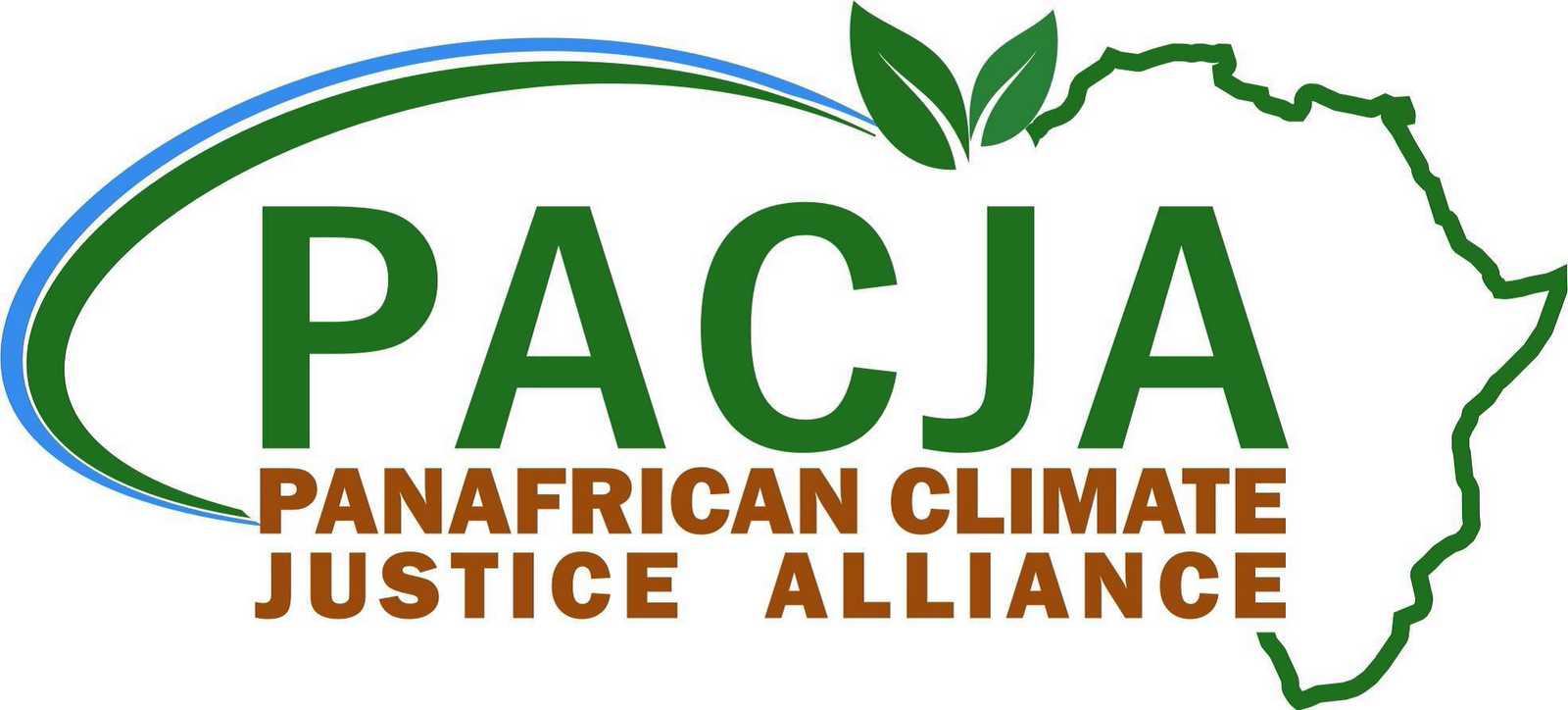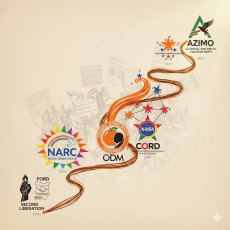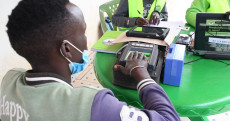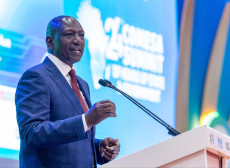- This call for action came after a meeting with the CEO of the Green Climate Fund on September 6, 2023, where the PACJA team, led by Mr Philip, discovered that no resolution had been reached.
Kenya Platform for Climate Governance (KPCG), in collaboration with the Global Partnership Organisation (GPO) and Pan African Climate Justice Alliance (PACJA), recently held a press briefing at Sarova Stanley Hotel to address the issue of climate funding dialogue.
The event, which took place on Thursday, March 7, 2024, aimed to urge the Green Climate Fund (GCF) to take measures to enhance the accessibility of funds to local communities.
This call for action came after a meeting with the CEO of the Green Climate Fund on September 6, 2023, where the PACJA team, led by Mr Philip, discovered that no resolution had been reached. The lack of progress demonstrated a sense of negligence on the part of the GCF in resolving the funding issue.
During the briefing, Dr Tinashe from the Africa Conference of Churches highlighted the importance of partnerships with the government to facilitate interventions.
Dr Tinashe proposed mechanisms to reduce debts by empowering organizations to promote the use of grants instead of loans, thus alleviating debts and improving access to social capital and resource mobilization.
Read More
The meeting also addressed the need for reforms in existing structures, policy realignment, increased representation of young individuals on the GCF board to address youth-related issues, and funding.
Kevin Muli from the Conservation Alliance emphasized the need for the GCF to establish clear frameworks for funding access by entities and shift the funding model to include local entities. He cited a significant concern about a mismatch in funding by the GCF.
"The GCF misses clear frameworks on funding access by entities with a call for the shift in the funding model to cover the local entities," echoed Kevin Muli.
Africa, one of the regions most affected by climate change, requires reforming the GCF's disbursement procedures and requirements. The current ones do not favour the African countries for which the fund was initially established.
The dialogue also focused on the Paris Agreement Goal, which has not been fully realized since its enactment. The GCF was urged to establish clear frameworks and statistics, promote transparency and honesty, and ensure equality in its operations.
Another pressing issue raised during the briefing was the limited allocation of climate finance to indigenous communities. The representative of the indigenous people highlighted the lack of capacity as a significant concern.
Despite their complaints being presented, no action has been taken, which is deeply troubling to them. They urgently called the GCF to address their grievances and prioritize their needs.
The Kenya Platform for Climate Governance and other stakeholders at the briefing echoed the urgent need for the GCF to address the gaps in funding and reform the financial access process.
The GCF was explicitly established to support communities affected by climate change, particularly in least developed and underdeveloped countries. It is imperative that the GCF fulfils its mandate and ensures the effective functioning of its operations.
The people of Kenya and other stakeholders involved in the briefing expressed their hope for implementing financial reforms within the GCF Board.
They draw inspiration from the successful resolution of the indigenous people's policy issue, achieved after extensive discussions with the GCF. This positive outcome gives them confidence that the current issue of funds disbursement can also be effectively addressed.












